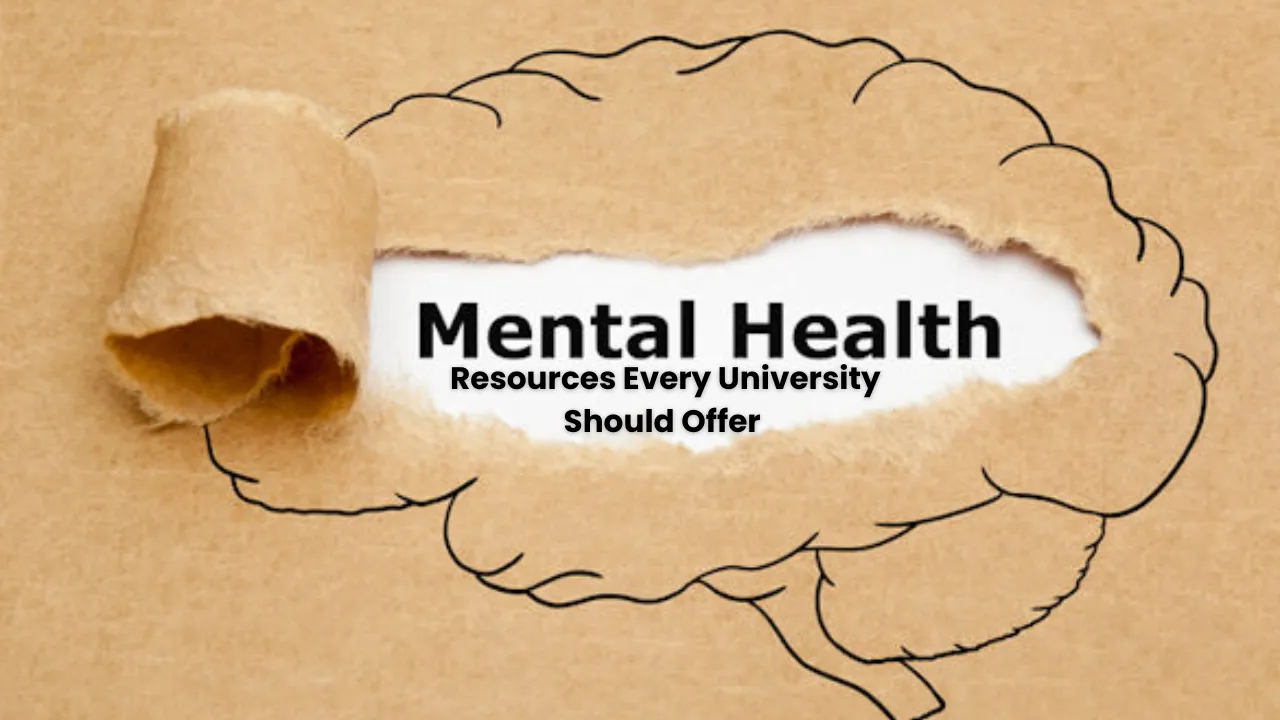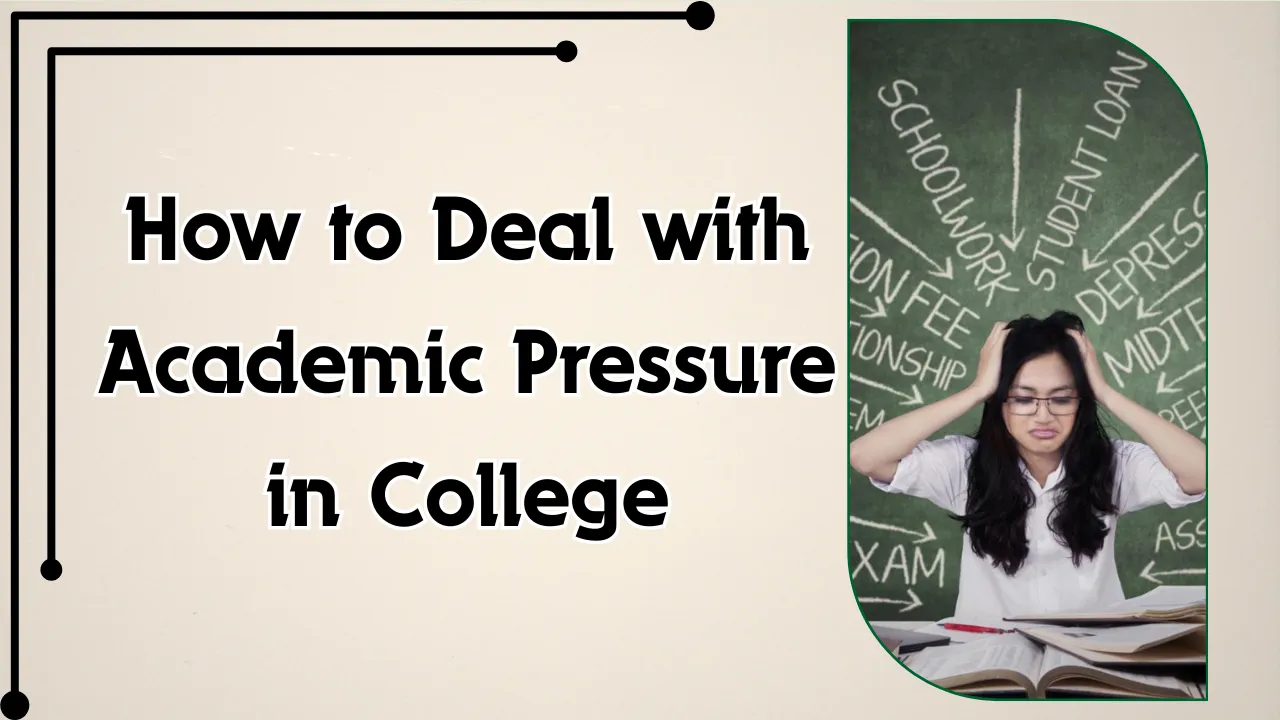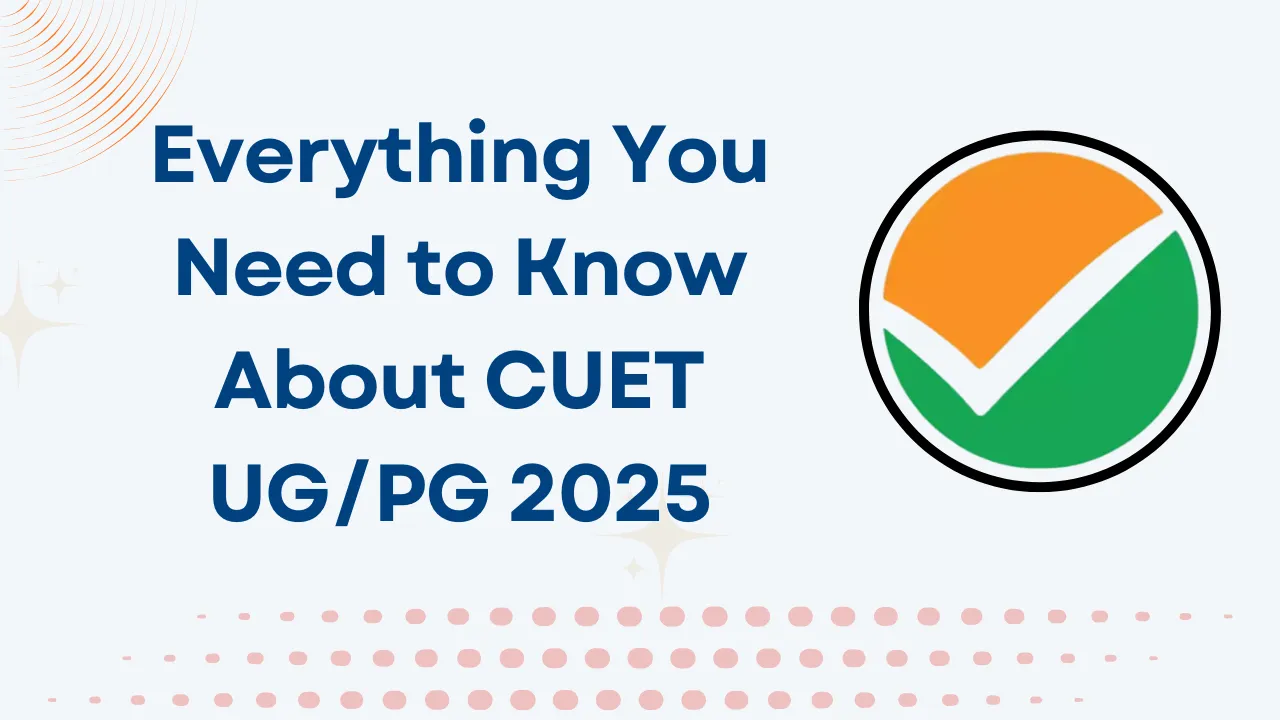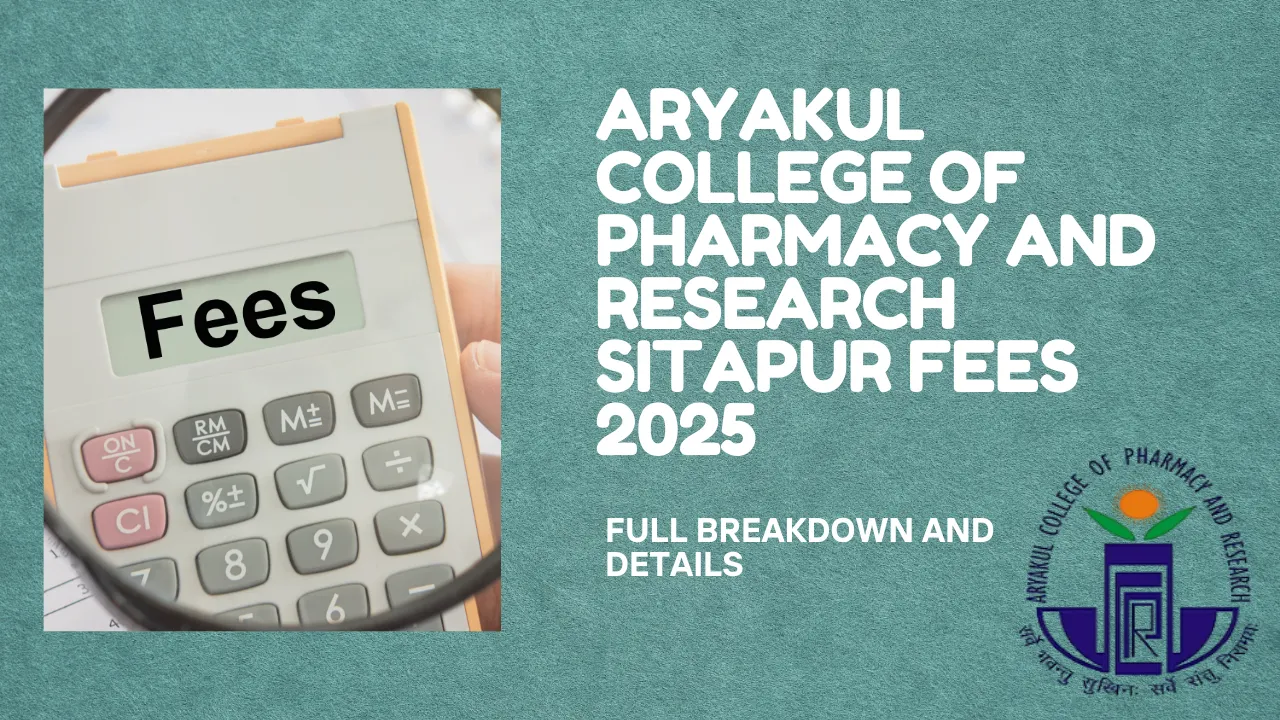Common Mistakes During College Counselling Sessions: Common mistakes during college counselling sessions can lead students down the wrong academic path. Many students approach counselling with high hopes, but without the right mindset or preparation, they miss out on valuable guidance. What should be a helpful process often becomes confusing or ineffective.
This article explores the most common mistakes during college counselling sessions and how to avoid them. From poor planning to passive participation, we’ll break down these errors and offer simple tips to get the most out of every session. Whether you’re applying for college, choosing a course, or planning a career, this guide will help you make informed decisions with the support of your counsellor.
Lack of Preparation
One of the common mistakes during college counselling sessions is showing up unprepared. Many students attend without thinking about what they want to ask or discuss. This leads to vague conversations that don’t help much.
To avoid this, students should write down their questions, research courses or colleges in advance, and bring necessary documents. Being prepared shows the counsellor you’re serious and helps them guide you more effectively.
Not Setting Clear Goals
Another frequent error is not knowing what you want. Some students hope counsellors will tell them what to do, but the truth is, counsellors guide — they don’t decide for you.
It’s important to have clear goals. Even if you’re unsure, try to list your interests or future plans. This gives your counsellor a direction to help you. Not having goals makes the session less useful and can lead to choices that don’t fit your needs.
Ignoring Academic Reality
A common mistake is dreaming big without checking if it’s realistic. Many students aim for top colleges without looking at their grades or qualifications. Counsellors often have to bring students back to reality.
While ambition is good, it’s also important to match goals with your current academic standing. Be honest about your results and strengths. This helps your counsellor suggest better-fit options that still meet your dreams.
Passive Participation
Some students don’t ask questions or speak up during sessions. This passive attitude leads to missed information and poor decisions. One of the common mistakes during college counselling sessions is assuming the counsellor will cover everything.
Students must take charge of their own future. Ask questions, express doubts, and talk about your preferences. The more you participate, the better your guidance will be.
Over-Reliance on Counsellors
While counsellors are helpful, depending too much on them is a mistake. They are there to support your journey, not choose it for you. Some students expect ready answers or shortcuts, which isn’t realistic.
You must do your own research, think independently, and treat counselling as a support system — not a solution to everything.
Not Involving Parents or Guardians
In some cases, students attend sessions alone, while in others, parents take over completely. Both approaches can be mistakes. Family members should be involved, but not dominate the discussion.
A good counselling session includes student input, family support, and expert guidance. This balance helps everyone understand the options and work together on the final decision.
Focusing Only on Popular Colleges
Another one of the common mistakes during college counselling sessions is aiming only for popular colleges. Students often ignore other great options that may be better suited to them.
Counsellors can offer insights into lesser-known institutions with strong programs. Keep an open mind, and don’t judge a college only by its fame. Focus on the fit, not the name.
Disregarding Career Interests
Some students pick courses based on trends or pressure, not their true interests. Ignoring your passion or career goals during counselling is a big mistake.
Your course and college choice should support your future. Talk about your dream career and ask how different courses can help you reach it. This leads to a more satisfying and successful journey.
Common Mistakes to Avoid (List)
Here are the top common mistakes during college counselling sessions:
- Attending sessions without preparation
- Failing to set personal goals
- Ignoring academic performance
- Being passive or silent
- Depending entirely on the counsellor
- Not involving family wisely
- Focusing only on famous colleges
- Ignoring personal interests and career plans
Avoiding these mistakes will help make your sessions more productive.
Tips for Better Counselling Sessions (List)
To get the most out of your college counselling:
- Make a list of questions before the session
- Know your grades and test scores
- Be honest about your goals and fears
- Do your own research beforehand
- Include your parents, but speak for yourself
- Stay open to different colleges and courses
- Follow up with action steps after the session
These simple habits will help you get clearer answers and better guidance.
Role of the Counsellor
A counsellor’s job is to listen, guide, and provide information. They are not there to make the final decision or promise admissions. One of the common mistakes during college counselling sessions is misunderstanding their role.
Respect your counsellor’s time, trust their experience, and work with them as a partner in your journey. Ask them about deadlines, application tips, and course suggestions. Use their input to build your own plan.
Why It Matters
Your college choice affects your entire future. Making the wrong decisions during counselling can cost time, money, and energy. That’s why avoiding the common mistakes during college counselling sessions is so important.
When you take counselling seriously and engage the right way, it becomes a powerful tool. It helps you explore your options, choose wisely, and enter college with confidence.
FAQs
How should I prepare for a college counselling session?
Research colleges and courses, know your grades, and write down your questions before attending the session.
Can I go to a counselling session alone?
Yes, but it’s helpful to involve parents too. Just make sure your voice is heard and your preferences are clear.
What if I don’t know what I want to study?
That’s okay. Share your interests, strengths, and hobbies with your counsellor — they can guide you to the right field.
Are counsellors always right?
Not always. They offer advice based on experience, but you should also do your own research and trust your instincts.
How many counselling sessions do I need?
It depends on your needs. Some students need just one or two, while others may benefit from regular sessions for updates and planning.
Final Thought
Avoiding the common mistakes during college counselling sessions can make a big difference in your academic journey. With the right mindset and good preparation, you’ll walk away from each session with more clarity and confidence. Take control of your future and make every session count.
If you found this article helpful, feel free to share it with friends or ask your questions in the comments. You can also check out our tips on college applications and career planning!







